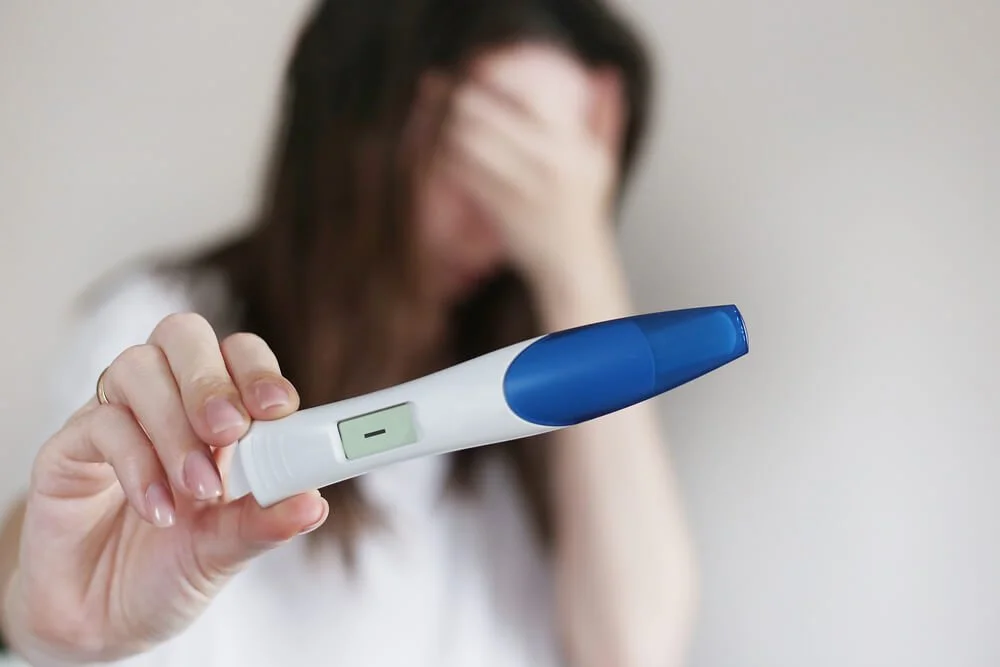Infertility
BlogInfertility
Infertility is a condition where a couple is unable to conceive after having sexual intercourse two to three times every week for over a year without using any birth control methods post-marriage. In Taiwan, around 15% of the 22 million population, i.e., almost 300-350 thousand couples, are currently facing infertility at varying degrees. This issue not only causes difficulties for the entire family, but also has a direct impact on the quality of marital relationships between spouses, leading to several social problems. It is a significant issue that requires greater attention from the government’s health unit and medical treatment institutions to provide female reproductive medical care with attentive concerns.

Two Categories of infertility
PRIMARY INFERTILITY
SECONDARY INFERTILITY
There are two categories of infertility: primary infertility and secondary infertility. The first category is Primary infertility— these are women who never experienced getting pregnant before. While the secondary infertility are women who have been pregnant before but leads to different situations like abortion, ectopic pregnancy, stillbirth, or when the patient suffers the inability to become pregnant again after normal sexual relations.
Infertility can arise due to male infertility factors, female infertility factors, or a combination of both.
Female infertility accounts for approximately 30 to 40% of cases and can be caused by various factors such as:
- Blocked fallopian tube or adhesion
- Pelvic adhesion
- Uterine tumor
- Uterine malformation
- Uterine cavity adhesion
- Cervical stenosis or atresia
- Endometriosis ovulation disorders
- Polycystic ovary syndrome
- Ovarian tumour
- Premature ovarian failure
- Hyperprolactinemia, hyperandrogenism
- Progesterone deficiency.

Male infertility also accounts for about 30% to 40% of cases and can be caused by factors such as:

- Epispadias
- Hypospadias
- Phallocampsis
- Cryptorchidism
- Testicular torsion
- Testis atrophy
- Varicocele
- Accidental injury
- Congenital defect of the vas deferens
- Sperm duct inflammation
- Hypogonadism
- Hyperprolactinemia, and other reasons.
